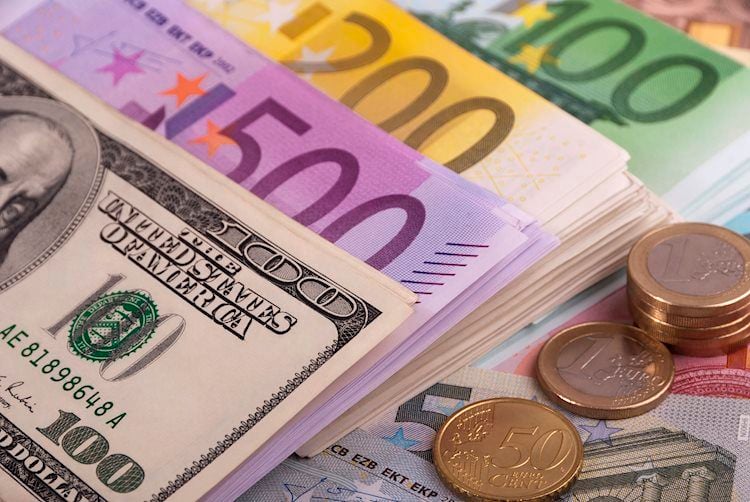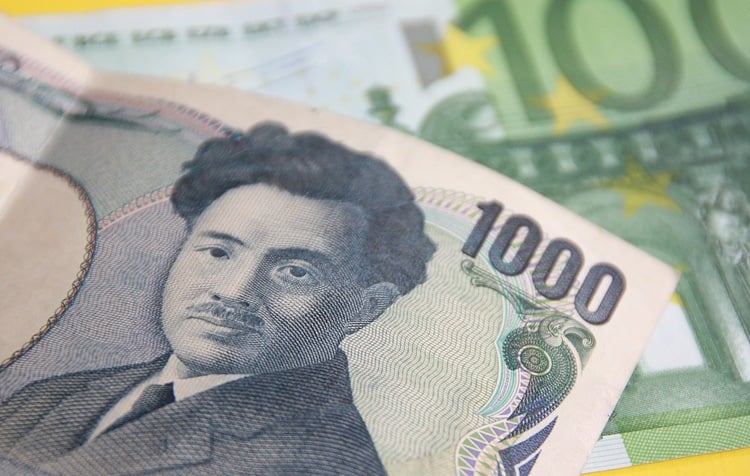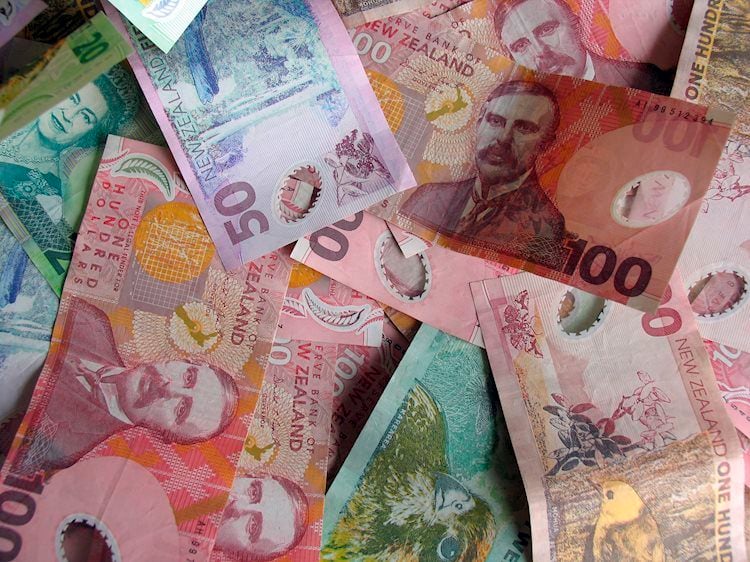The Reserve Bank of New Zealand announced on Wednesday that it was ceasing bond purchases, heightening anticipation that interest rates could be raised as soon as August. The Bank of Canada said that it would reduce its weekly bond purchases from C$3 billion to C$2 billion ($1.6 billion).
However, Powell stated at the start of his two-day testimony to Congress that the Fed is confident that recent price rises are linked to the economic upswing and are only temporary.
“After the above-expectation inflation announcement, Powell kept the dovish message, kind of pushing back against any concerns that he might change his tone, or the more patient strategy that he’s been talking about,” said Marvin Loh, senior global markets strategist at State Street.
“They’re still on this path of gradually tapering asset purchases before ever considering rate hikes,” he added. “Based on what we’ve heard today, we’re still a couple of years away from that tightening.”
After rising as high as 92.832, the dollar index was down 0.43 percent at 92.404, barely below the 92.844 reached last week for the first time since April 5.
The dollar fell 0.45% against the euro to $1.183, after reaching its best level since April 5.
“I think this recovery today would have happened even without Powell’s comments,” said John Doyle, vice president of dealing and trading at Tempus Inc. “The dip for the euro back below 1.18 yesterday was probably a little bit overdone and so this recovery today, I think, would have happened even without Powell’s comments.”
Last month, the dollar gained over 3% after the Fed’s hawkish tilt caused markets to rethink when tapering and rate hikes would begin. After the inflation data, it rose 0.6 percent on Tuesday.
After New Zealand’s central bank announced it would end a NZ$100 billion ($70 billion) bond-buying program, the kiwi jumped against the greenback. Following Powell’s remarks, it increased its gains to 1.29 percent.
Analysts have pushed out calls for a rate hike until August, putting New Zealand at the forefront of countries that are raising interest rates.
The Australian dollar fell 0.74 percent versus the New Zealand dollar to NZ$1.0636, its lowest level since early June, due to the disparity in monetary policy outlooks.
The Canadian dollar fell 0.04 percent to $1.25065 after the Bank of Canada announced that interest rates would remain constant until the slack in the economy is absorbed, which is projected in the second half of 2022.
Check out our economic calendar for a complete list of today’s economic happenings.
(With contributions from Saikat Chatterjee and David Clarke, Steve Orlofsky, and Richard Chang.)/n





